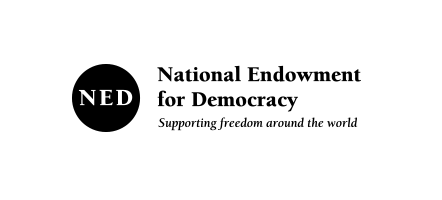
20 Days in Mariupol by Mstyslav Chernov is a chronicle of the first 20 days of Russia’s invasion of Ukraine and the siege of Mariupol. Through the camera lens, the filmmakers document the catastrophic consequences of war: the deaths of civilians, the destruction of infrastructure, the heroism of medics, and the resilience of Ukrainians. This unique record draws attention to war crimes and violations of international law.
For their work on the film about the blockade of Mariupol, the creative team was awarded the Shevchenko Prize, the Pulitzer Prize, and the Academy Award for the Best Documentary Feature Film.
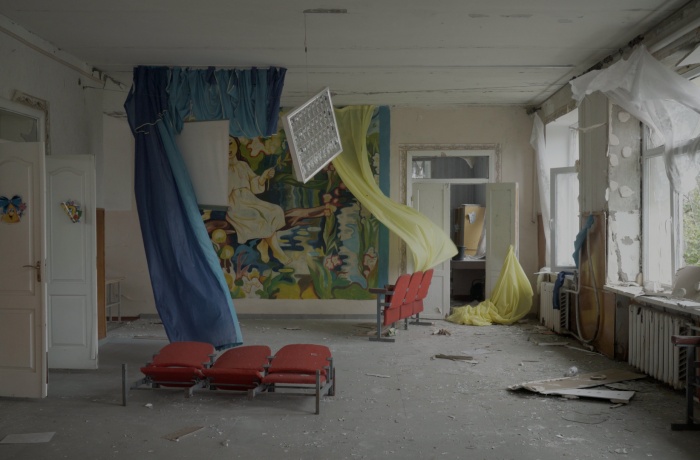
A still from the film Intercepted
Оksana Karpovych dedicated her film Intercepted to all Ukrainians who selflessly resist Russian imperialist violence.
Suffering of civilians during wartime, particularly resulting from Russia's aggression against Ukraine, is one of the greatest tragedies of this conflict.
Russia’s military actions in Ukraine have led to numerous violations of international humanitarian law and human rights. Russian soldiers made thousands of phone calls to their relatives from the battlefield in Ukraine. These conversations were intercepted by Ukrainian intelligence services, which have been regularly publishing them since the beginning of the full-scale war. The film comprises calls recorded between March and November 2022.
The documentary Intercepted has received multiple awards and wide recognition at international film festivals.
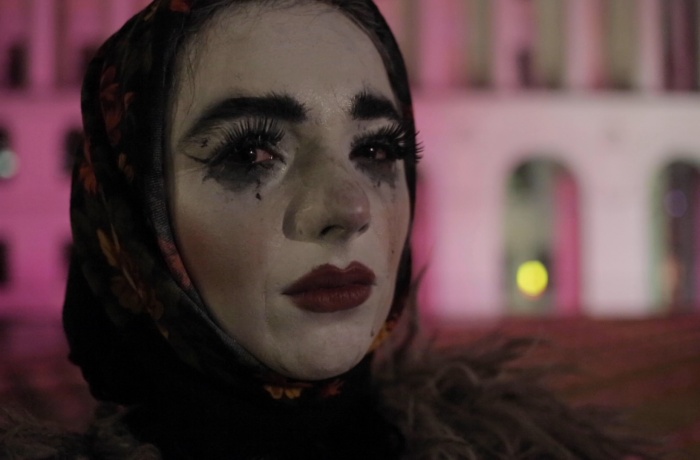
A still from the film Roses. Film-Cabaret
Roses. Film-Cabaret by Irena Stetsenko brings the viewers back to the turning point in our country’s history — the Revolution of Dignity of 2013-2014. Dakh Daughters, a young Ukrainian female theatrical and musical group that performs in the genres of freak cabaret and dark cabaret, applied their art to reflect on these events and empower people to face harsh realities with wisdom and hope. The magic of this political cabaret lies in the blend between joy of life and horrors of a devastating war — one that, even when unseen, still casts its shadow amid the bright stage lights.
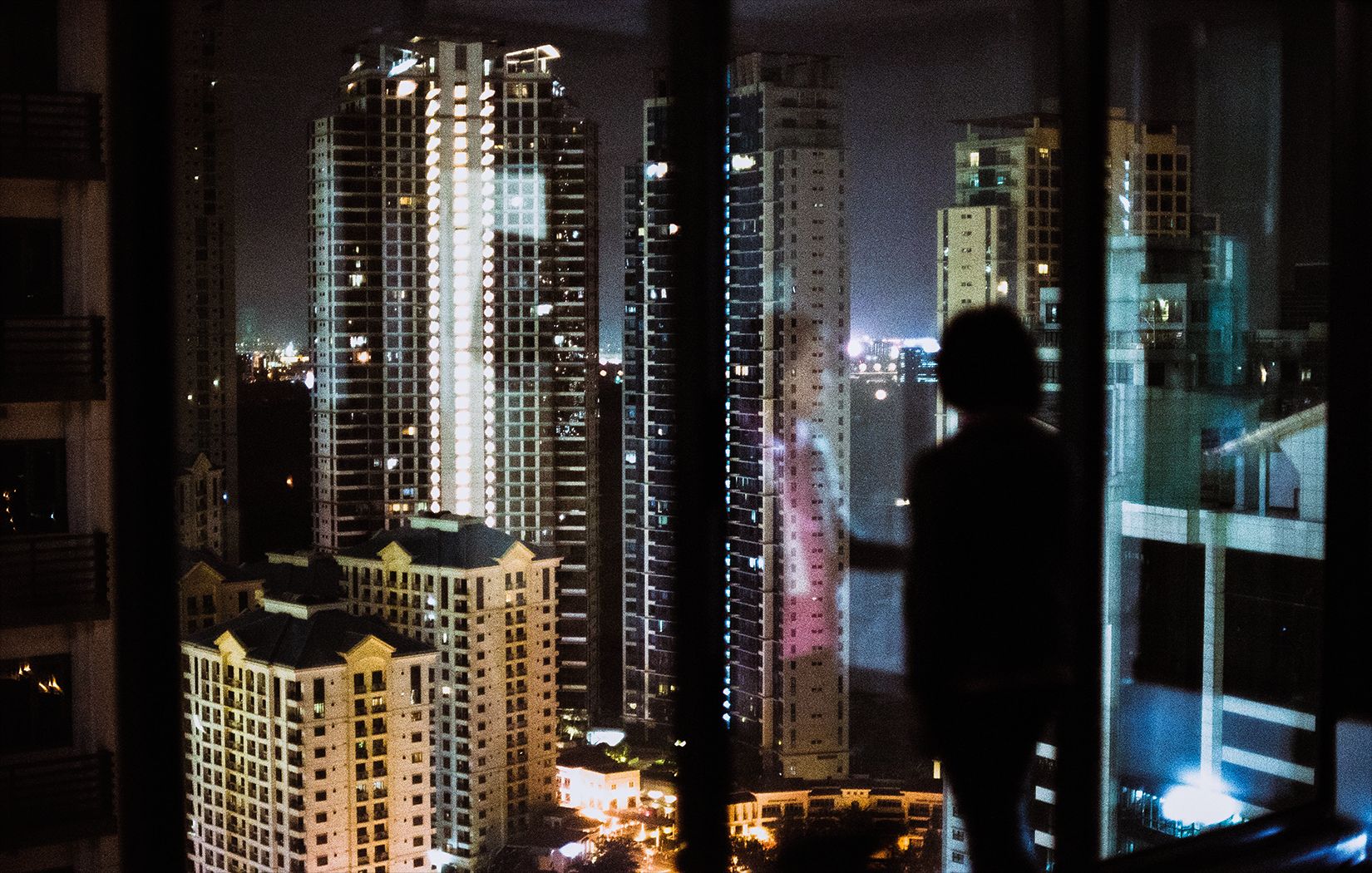
A still from The Cleaners
The Cleaners by German directors Hans Block and Moritz Riesewieck immerses the viewers into a mysterious shadow industry of internet content moderation in the Third World. Here, viewers will meet five "digital cleaners" who were selected by Silicon Valley from thousands of applicants and tasked with removing “inappropriate” content from web pages, and witness the lives of people from all over the world who have been profoundly affected by online censorship.
Typically, a cleaner reviews and evaluates thousands of disturbing images daily, ranging from war zone photographs to pornography. This work inevitably takes a toll on their mental health. However, behind their job lie fundamental questions: What turns an image into art or propaganda? And ultimately, what defines journalism?
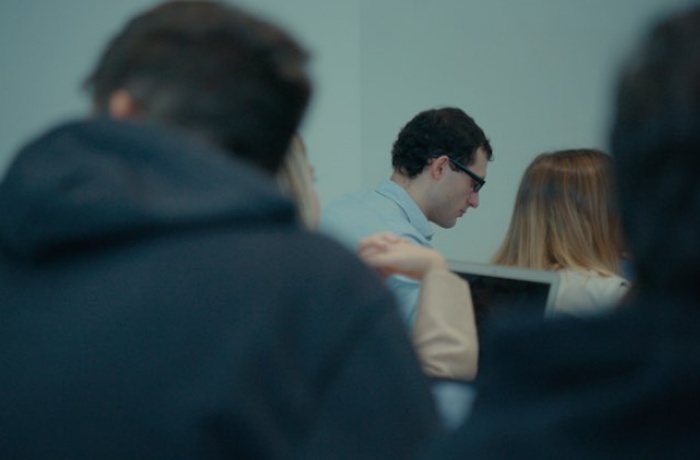
A still from the film Near Light
Near Light by Niccolo Salvato was filmed at Italy’s largest maximum-security prison.
The protagonist, Teofilo Mattia, was convicted of murder. Having served half of his sentence behind bars, he was granted the opportunity to study at one of Italy’s top universities. After spending seven and a half years within the walls of Opera prison, he has become so unaccustomed to life in society that he feels uneasy even crossing the street at a traffic light. He still regrets his crime and cannot forgive himself. Yet ahead lies a future life in society, and he has to learn how to be a part of it again.
All the films from the new collection are accompanied with scenarios for discussion with the viewers. To develop these scenarios, the Network team collaborated with experts from various fields.
The films from the new collection are available for viewers at all the DOCU/CLUB Network film clubs that operate on the territory of Ukraine.
The development of the DOCU/CLUB Network is funded by the Embassy of Sweden in Ukraine and the National Endowment for Democracy (NED).


